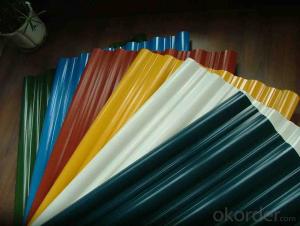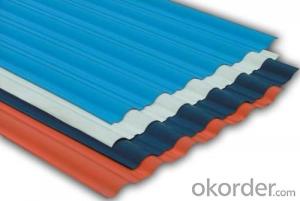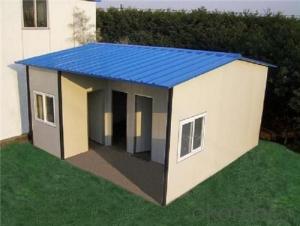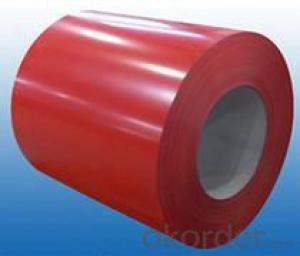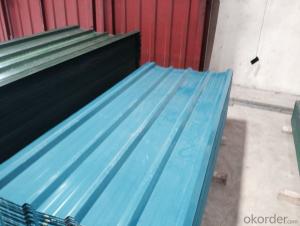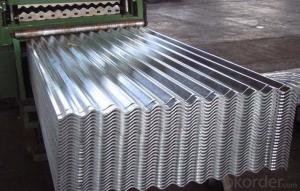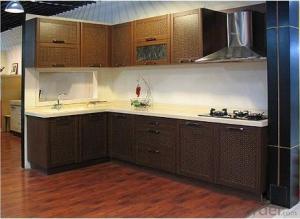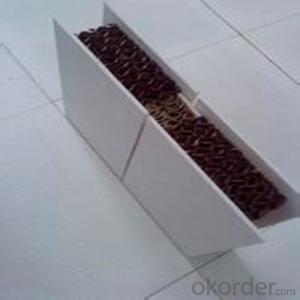Steel Sheet Roof Tile,Corrugated Steel Roof Plate,Color Steel Plate
- Loading Port:
- Nanjing
- Payment Terms:
- TT OR LC
- Min Order Qty:
- 2000 PCS
- Supply Capability:
- 30000 PCS/month
OKorder Service Pledge
OKorder Financial Service
You Might Also Like
Steel Sheet Roof Tile,Corrugated Steel Roof Plate,Color Steel Plate Details
Standard: | AISI,ASTM,BS,DIN,GB,JIS | Grade: | Corrugated Sheet Coil |
Place of Origin: | Hebei China (Mainland) | Thickness: | 0.13-1.2mm |
Technique: | Cold Rolled | Surface Treatment: | Galvanized |
Special Use: | Wear Resistant Steel | Width: | 310-1250mm |
Color: | Blue/Red/Green/Grey etc | Price: | Cheap Direct Factory Price |
Stock: | Big Quantity | Factory Visit: | Available |
Length: | 1000-6000mm,Coustomized | Name: | Hot Rolled Roofing Sheet |
Packaging & Delivery
Packaging Detail: | Waterproof paper, galvanized steel covered and steel strip packed for Hot Rolled Roofing Sheet |
Delivery Detail: | 10-15 days |
Steel Sheet Roof Tile,Corrugated Steel Roof Plate,Color Steel Plate Specifications
Steel Sheet Roof Tile,Corrugated Steel Roof Plate
Hot Rolled Metal Sheets
Usage: Walls, roofing
Excellent anti-corrosion
Item | Factory Hot Rolled Roofing Sheet |
Grade | SGCC SGCH HRB>85, SGLCC, DX51D+Z/AZ, |
Standard | ASTM A653M-04/JIS G3302/DIN EN10143/GBT 2518-2008 AS1397-2001, EN10215-1995, ASTM A792M-02, JIS G3321-1998 |
Basal plate | Cold rolled steel coil ,hot dipped galvanized/galvalume steel coil |
Zinc Coating | 60g/m2-175g/m2 |
Thickness | 0.13-1.0mm |
Width | 750-1250mm(before corrugation) 600-1000mm(after corrugation) |
Length | 1500-16000mm |
Number of corrugation | 7-12 |
Product feature | water resistance,light weight,easy installation,aesthetic,high tensile |
Packing | standard export water-proof package with steel strips fixed |
Delivery time | 10-25 days after confirmation |
Weight per Steel Pallet | 3 Metric Tons |
MOQ | 5 Metric Tons |
HS Code | 7210700000 |
Application | exterior and interior wall,roofs,sandwich plate and soffits |
Advantages | 1.Design according to customers 'requirements 2.Production under ISO9001-2008 Quality System 3.Easy to be installed as light weight 4.Z60-275/AZ30-150 is suitable for many application 5.Our products are recyclable materials 6.The less construction period, the more using time. |
Steel Sheet Roof Tile,Corrugated Steel Roof Plate,Color Steel Plate Pictures
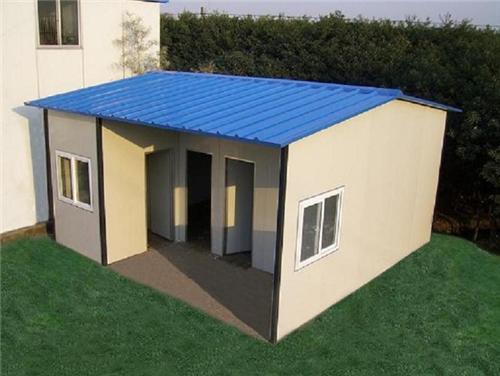
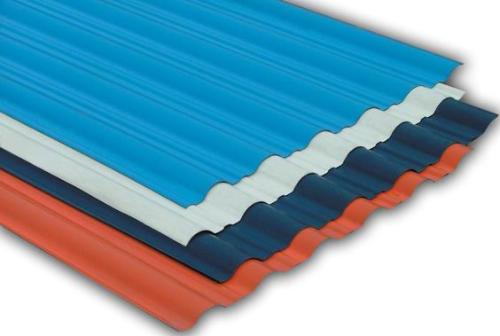
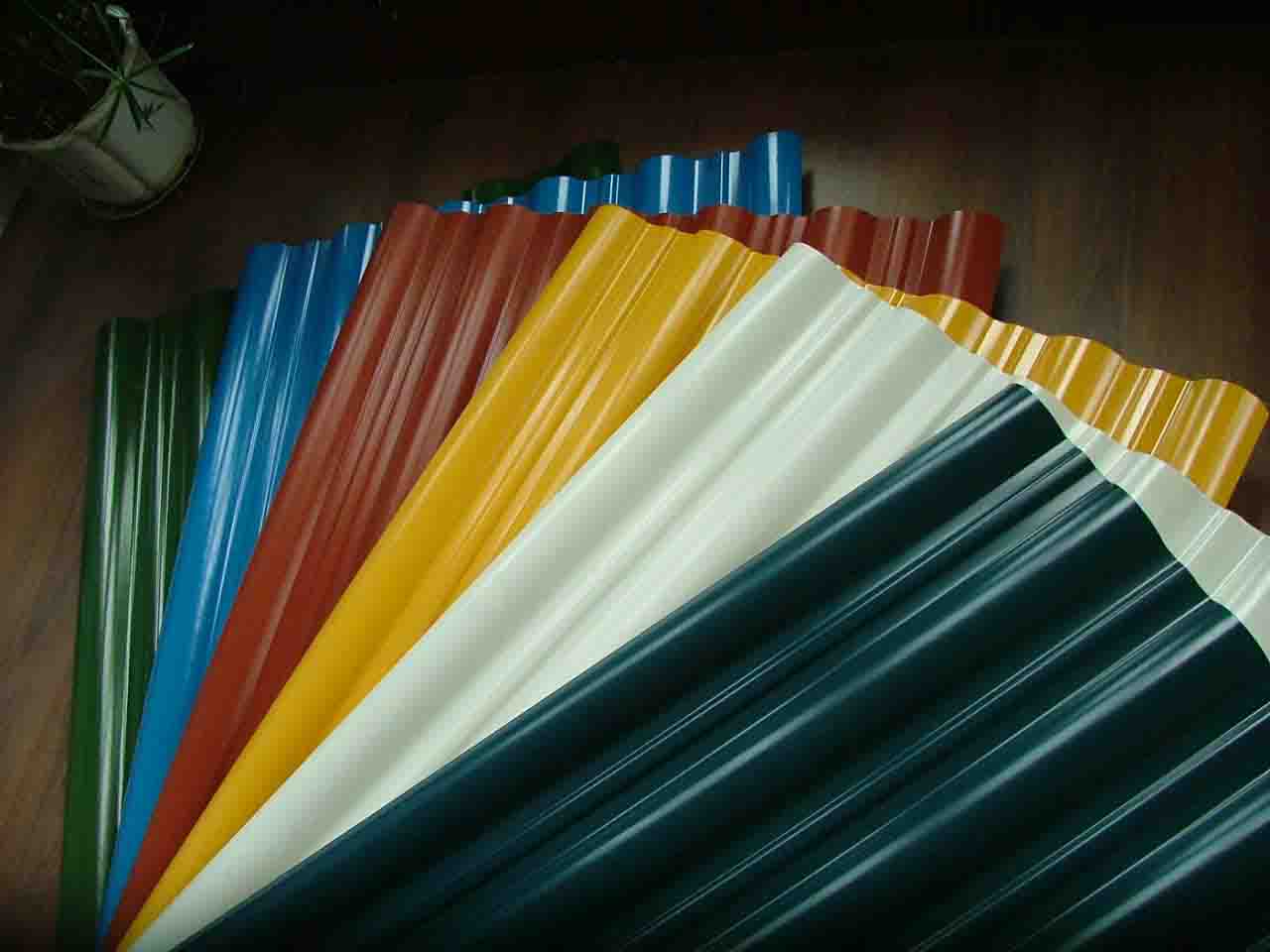
- Q:What are the advantages of using galvanized steel sheets?
- There are several advantages of using galvanized steel sheets in various applications. Firstly, galvanized steel sheets are highly resistant to corrosion. The process of galvanizing involves coating the steel sheets with a layer of zinc, which acts as a protective barrier against rust and other forms of corrosion. This makes galvanized steel sheets ideal for outdoor applications or environments that are prone to moisture, such as construction sites or coastal areas. Secondly, galvanized steel sheets have excellent durability and longevity. The zinc coating on the steel sheets enhances their overall strength and resistance to wear and tear. As a result, galvanized steel sheets can withstand heavy loads, extreme temperatures, and other harsh conditions, making them suitable for long-term use. Additionally, galvanized steel sheets are cost-effective. Although the initial cost of galvanized steel sheets may be slightly higher compared to other materials, their long lifespan and low maintenance requirements offset this initial investment. Galvanized steel sheets do not require frequent painting or sealing, saving both time and money in the long run. Furthermore, galvanized steel sheets are environmentally friendly. The zinc coating used in the galvanizing process is recyclable, contributing to sustainable practices. Additionally, the extended lifespan of galvanized steel sheets reduces the need for frequent replacements, reducing waste and conserving resources. Lastly, galvanized steel sheets offer versatility in terms of applications. They can be easily formed, shaped, and cut to meet specific requirements, making them suitable for a wide range of industries, including construction, automotive, and manufacturing. The ability to customize galvanized steel sheets ensures their compatibility with various designs and structural needs. In summary, the advantages of using galvanized steel sheets include superior corrosion resistance, durability, cost-effectiveness, environmental friendliness, and versatility. These benefits make galvanized steel sheets a popular choice in many industries for a wide range of applications.
- Q:What are the different types of steel sheet coatings?
- There are several different types of steel sheet coatings available in the market, each with its own unique properties and advantages. Some of the most common types include: 1. Galvanized Coating: This is one of the most widely used coatings for steel sheets. It involves applying a layer of zinc to the surface of the steel, which provides excellent corrosion resistance and protects the steel from rusting. Galvanized coatings are commonly used in outdoor applications such as roofing, fencing, and automotive parts. 2. Galvannealed Coating: Similar to galvanized coating, galvannealed coating also involves applying a layer of zinc to the steel surface. However, in this process, the coated steel is passed through a high-temperature annealing process, which forms a coating of iron-zinc alloy. This type of coating offers enhanced paintability and weldability, making it ideal for applications that require subsequent painting or welding. 3. Aluminized Coating: Aluminized coatings involve applying a layer of aluminum to the steel surface. This provides excellent heat resistance and corrosion resistance, making it suitable for applications that involve high temperatures, such as exhaust systems and ovens. Aluminized coatings also have good reflectivity properties, making them useful in reflective insulation applications. 4. Organic Coatings: There are various organic coatings available for steel sheets, including epoxy, polyester, and polyurethane coatings. These coatings are often applied in the form of paints or powder coatings and provide a protective layer that enhances the steel's durability and appearance. Organic coatings can be customized to offer specific properties, such as UV resistance, chemical resistance, or decorative finishes. 5. Tin Coating: Tin coatings are commonly used in the food packaging industry. They provide a barrier between the steel sheet and the food product, preventing any interactions that could affect the food's quality or safety. 6. Other Specialty Coatings: There are several other specialty coatings available for specific applications. These include zinc-nickel coatings, which offer enhanced corrosion resistance, and ceramic coatings, which provide high-temperature resistance and excellent electrical insulation properties. Overall, the choice of steel sheet coating depends on the specific requirements of the application, such as corrosion resistance, heat resistance, or aesthetic appeal. It is important to carefully consider the properties of each coating type to ensure the best performance and longevity of the steel sheet in its intended use.
- Q:How do steel sheets perform in terms of thermal conductivity?
- Steel sheets have a relatively high thermal conductivity, meaning they are able to transfer heat efficiently.
- Q:Are steel sheets suitable for manufacturing HVAC grilles?
- Yes, steel sheets are suitable for manufacturing HVAC grilles. Steel is a popular material choice for HVAC grilles due to its strength, durability, and versatility. It is able to withstand the high temperatures and air pressures often encountered in HVAC systems. Steel sheets can be easily formed into various shapes and sizes to meet specific grille designs and requirements. Additionally, steel is resistant to corrosion, which is important for maintaining the longevity and performance of HVAC grilles in both indoor and outdoor environments. Overall, steel sheets provide the necessary properties and characteristics needed for manufacturing high-quality HVAC grilles.
- Q:What is the difference between a painted and laminated steel sheet?
- Both a painted steel sheet and a laminated steel sheet belong to the category of steel sheets, but they offer distinct characteristics and applications. A painted steel sheet is a sheet of steel that has been coated with a layer of paint. This layer of paint serves two purposes: it protects against corrosion and enhances the sheet's appearance. The paint can be customized in terms of color and finish, allowing for versatility in design. Architectural applications, such as roofing, siding, and wall cladding, as well as the automotive and appliance industries, commonly utilize painted steel sheets. However, it is important to periodically maintain the paint layer to ensure its durability and appearance. On the other hand, a laminated steel sheet is created by bonding multiple layers of materials together. Typically, it consists of a steel core and one or more additional layers, such as plastic, polymer, or resin. The lamination process significantly strengthens and enhances the durability and performance of the steel sheet. These laminated steel sheets are highly resistant to impact, scratching, and chemical exposure, making them suitable for applications that require superior mechanical strength and protection. Industries such as transportation, construction, and industrial equipment manufacturing often utilize laminated steel sheets. Additionally, the laminate layers can provide added functionalities such as sound insulation, thermal insulation, or fire resistance. In conclusion, the main distinction between painted and laminated steel sheets lies in their composition and intended purpose. Painted steel sheets prioritize aesthetics and corrosion protection, while laminated steel sheets prioritize strength, durability, and specialized functionalities. The choice between the two depends on the specific requirements of the given application.
- Q:What is the typical lifespan of painted steel sheets?
- The typical lifespan of painted steel sheets can vary depending on several factors such as the quality of the paint used, the environmental conditions they are exposed to, and the maintenance and care given to the sheets. Generally, painted steel sheets can last anywhere from 20 to 40 years. However, if the paint is of high quality and the sheets are properly maintained, their lifespan can be extended even further. Regular cleaning, inspection for any signs of damage or corrosion, and appropriate touch-ups or repainting can help prolong the lifespan of painted steel sheets. Additionally, factors such as exposure to harsh weather conditions, chemicals, or corrosive environments can also impact the longevity of painted steel sheets. It is worth considering these factors and conducting regular maintenance to ensure the extended lifespan of painted steel sheets.
- Q:What kind of steel plate is Q234?
- Q235 is divided into four quality grades. They are Q235A, Q235B, Q235C, Q235D. The elements of iron and phosphorus in the steel increased in turn.
- Q:What are the different color options available for steel sheets?
- The different color options available for steel sheets include various shades of gray, black, white, as well as a wide range of custom colors that can be achieved through paint or coating applications.
- Q:Can steel sheets be used for chimneys and flue systems?
- No, steel sheets are not suitable for use in chimneys and flue systems as they cannot withstand high temperatures and are prone to corrosion.
- Q:How do steel sheets perform in terms of weathering?
- Steel sheets perform well in terms of weathering. They are highly resistant to corrosion and can withstand harsh environmental conditions such as rain, snow, and extreme temperatures. Properly coated steel sheets can maintain their structural integrity and appearance over time, making them a durable and reliable choice for outdoor applications.
1. Manufacturer Overview |
|
|---|---|
| Location | |
| Year Established | |
| Annual Output Value | |
| Main Markets | |
| Company Certifications | |
2. Manufacturer Certificates |
|
|---|---|
| a) Certification Name | |
| Range | |
| Reference | |
| Validity Period | |
3. Manufacturer Capability |
|
|---|---|
| a)Trade Capacity | |
| Nearest Port | |
| Export Percentage | |
| No.of Employees in Trade Department | |
| Language Spoken: | |
| b)Factory Information | |
| Factory Size: | |
| No. of Production Lines | |
| Contract Manufacturing | |
| Product Price Range | |
Send your message to us
Steel Sheet Roof Tile,Corrugated Steel Roof Plate,Color Steel Plate
- Loading Port:
- Nanjing
- Payment Terms:
- TT OR LC
- Min Order Qty:
- 2000 PCS
- Supply Capability:
- 30000 PCS/month
OKorder Service Pledge
OKorder Financial Service
Similar products
New products
Hot products
Hot Searches
Related keywords
